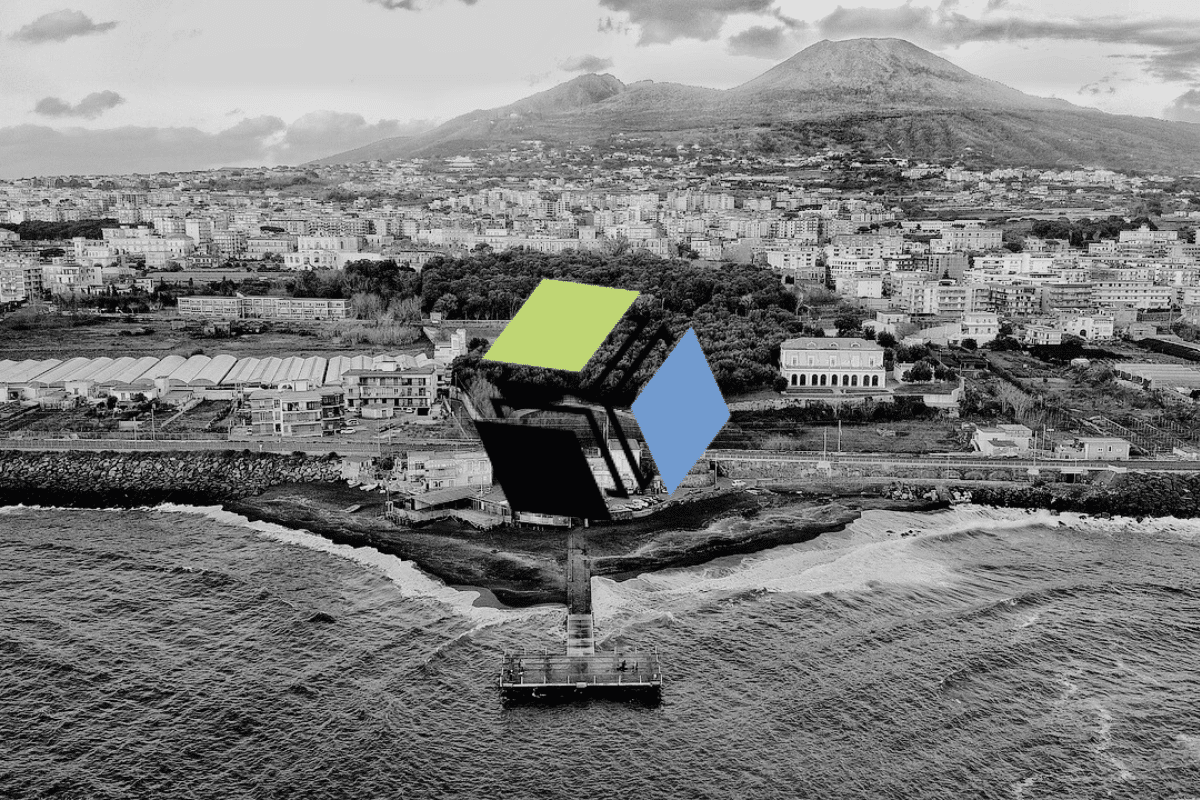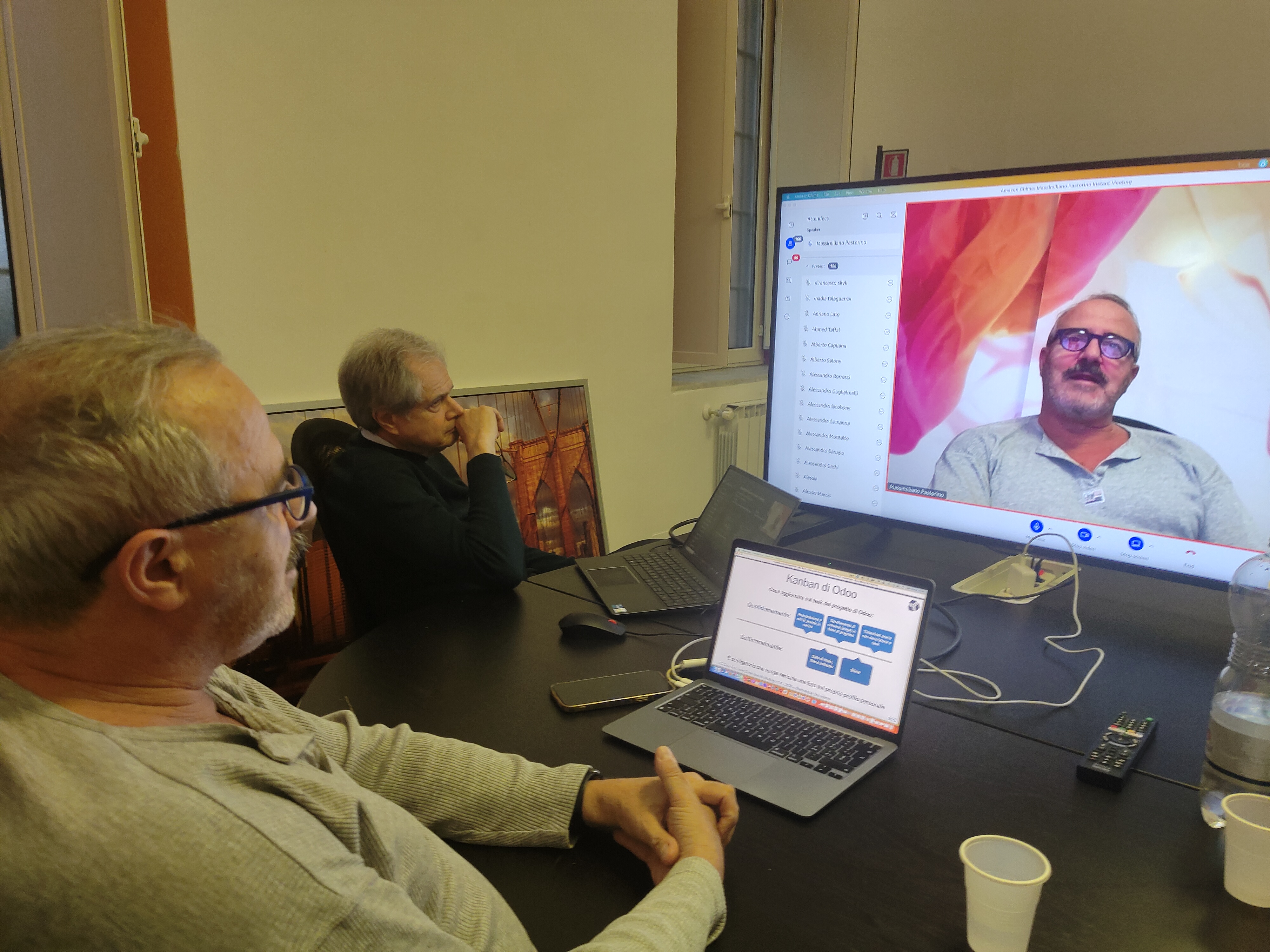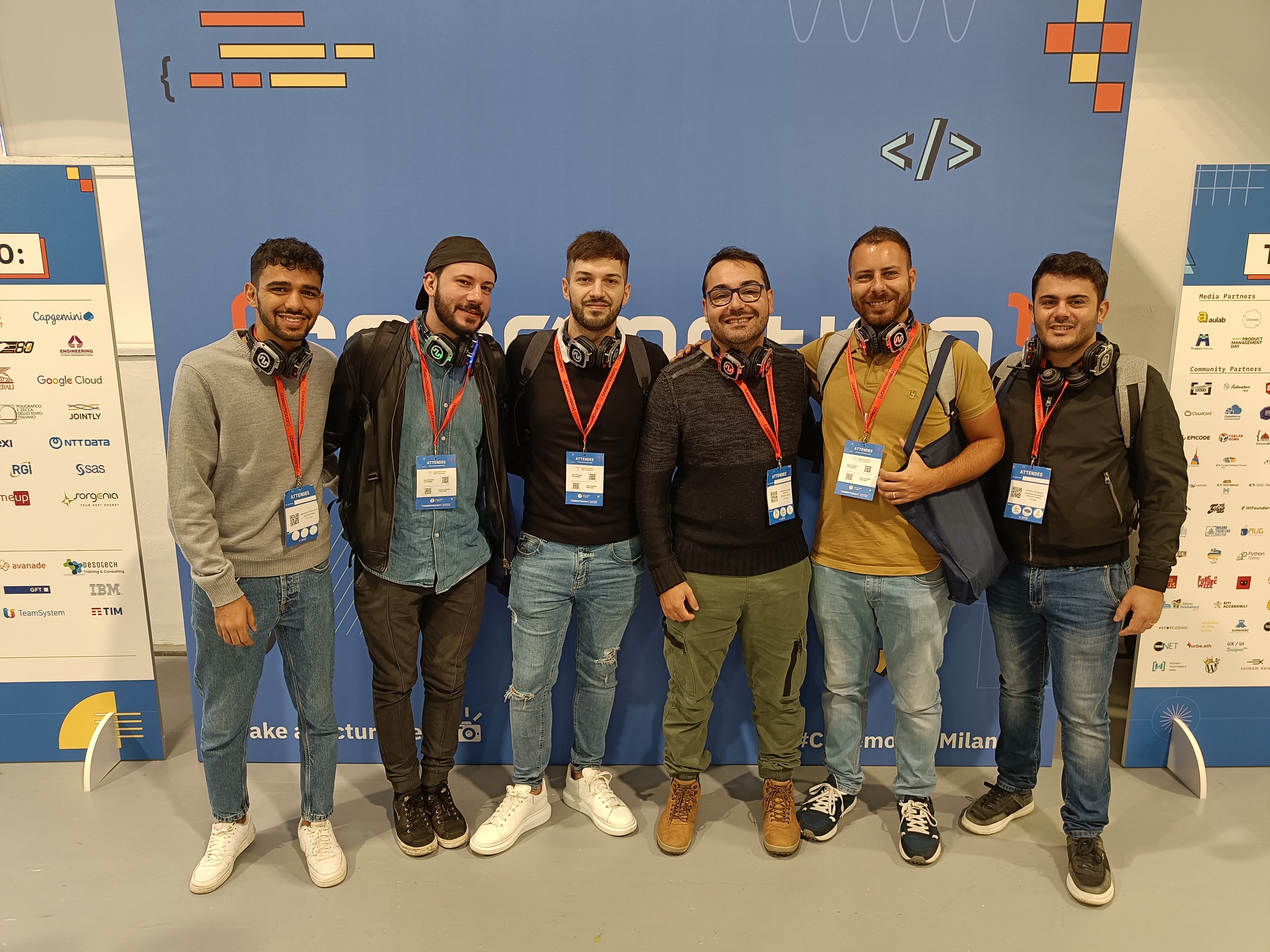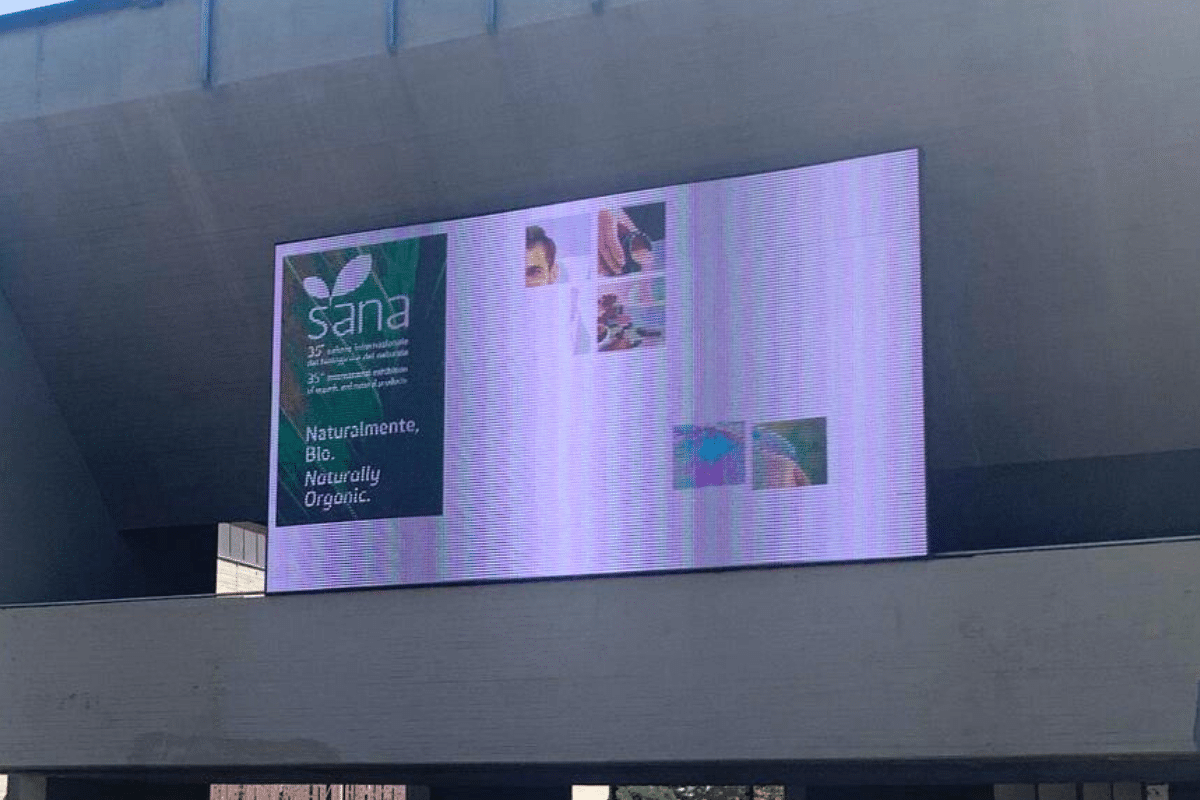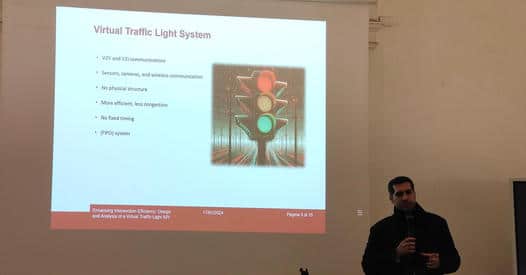
Alireza’s journey
We are delighted to share the experience of Alireza, who graduated in Transport Systems Engineering from La Sapienza University of Rome with honors on January 17th.
Alireza participated in one of the PC Cube Coding Camps, developing his thesis under the guidance of two of our lecturers, Pietro Nicolaus Roselli Lorenzini and Francesco di Cataldo. Alireza’s choice to combine an engineering course with a predominantly computer science experience proved to be successful.
Entering the world of Information Technology as a career after leaving engineering behind has been an exciting new chapter in my professional life. My desire for change was driven by a persistent passion for exploring new technologies, even though my background was in engineering. I took the initiative to learn about data analysis before enrolling in PCCUBE coding camp, which helped lay the foundation for my technical journey.
In addition to honing my analytical abilities, this self-directed investigation of data analysis gave me a strong platform for the difficulties that lay ahead. The turning point came when I took advantage of the chance to attend a coding camp run by PCCUBE, a cutting-edge startup.
Not only did this immersive experience help me improve my developing skills, but it also helped me land my dream job as a developer. The dynamic atmosphere at PCCUBE gave me the ideal setting for growth and success.
There are many applications that combine computer science and transportation engineering, one of which is traffic light optimization: improving the efficiency of intersections means improving people’s lives from many perspectives, allowing them to save time, consume less, and consequently, pollute less.
I also had the opportunity to work on my thesis with the company, focusing on a novel methodology to control the flow of traffic at intersections.
Controlling the flow of traffic at intersections is always an interesting topic to study in transportation. Historically, traffic police managed the control of traffic lights. The semaphore traffic signal was introduced in the 20th century to control traffic at intersections in a more modern approach. So far, many methods have been introduced to reduce the average delay of vehicles at junctions, using different combinations of cycle, green, and red times of the signal.
However, within the semaphore traffic signal system, the lack of intelligent transport systems causes vehicles to experience unnecessary waiting at intersections, increased fuel consumption, and air pollution. To find a possible solution to overcome these issues, this thesis explores the concept of virtual traffic light systems (VTLS) that replace traditional physical traffic lights.
I have developed an application programming interface (API) to analyze this concept in depth, followed by a simulation to compare it with conventional traffic control methods.
In addition to being a noteworthy academic accomplishment with a score of 110 cum laude, the thesis provided invaluable practical experience.
We are pleased to see that the Coding Camps for developers are appreciated by young people, but above all, that they represent a moment of intellectual stimulus and professional growth.
Working with subject-matter specialists, I ventured into unknown waters and helped develop creative solutions with the support of the company.
This journey, which was sparked by the coding camp experience, has confirmed my passion for the rapidly changing field of technology while also expanding my skill set.
I am appreciative of the opportunities that led to this pivotal change in my career and have helped me on a rewarding and significant path.





